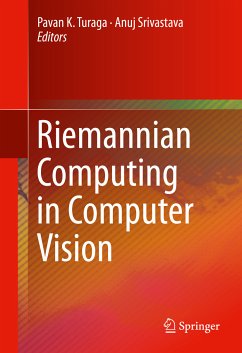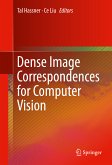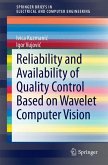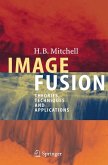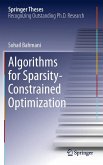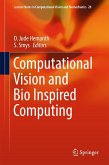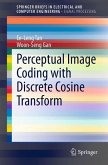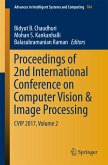This book presents a comprehensive treatise on Riemannian geometric computations and related statistical inferences in several computer vision problems. This edited volume includes chapter contributions from leading figures in the field of computer vision who are applying Riemannian geometric approaches in problems such as face recognition, activity recognition, object detection, biomedical image analysis, and structure-from-motion. Some of the mathematical entities that necessitate a geometric analysis include rotation matrices (e.g. in modeling camera motion), stick figures (e.g. for activity recognition), subspace comparisons (e.g. in face recognition), symmetric positive-definite matrices (e.g. in diffusion tensor imaging), and function-spaces (e.g. in studying shapes of closed contours).
· Illustrates Riemannian computing theory on applications in computer vision, machine learning, and robotics
· Emphasis on algorithmic advances that will allow re-application in other contexts
· Written by leading researchers in computer vision and Riemannian computing, from universities and industry
Dieser Download kann aus rechtlichen Gründen nur mit Rechnungsadresse in A, B, BG, CY, CZ, D, DK, EW, E, FIN, F, GR, HR, H, IRL, I, LT, L, LR, M, NL, PL, P, R, S, SLO, SK ausgeliefert werden.
Hinweis: Dieser Artikel kann nur an eine deutsche Lieferadresse ausgeliefert werden.

